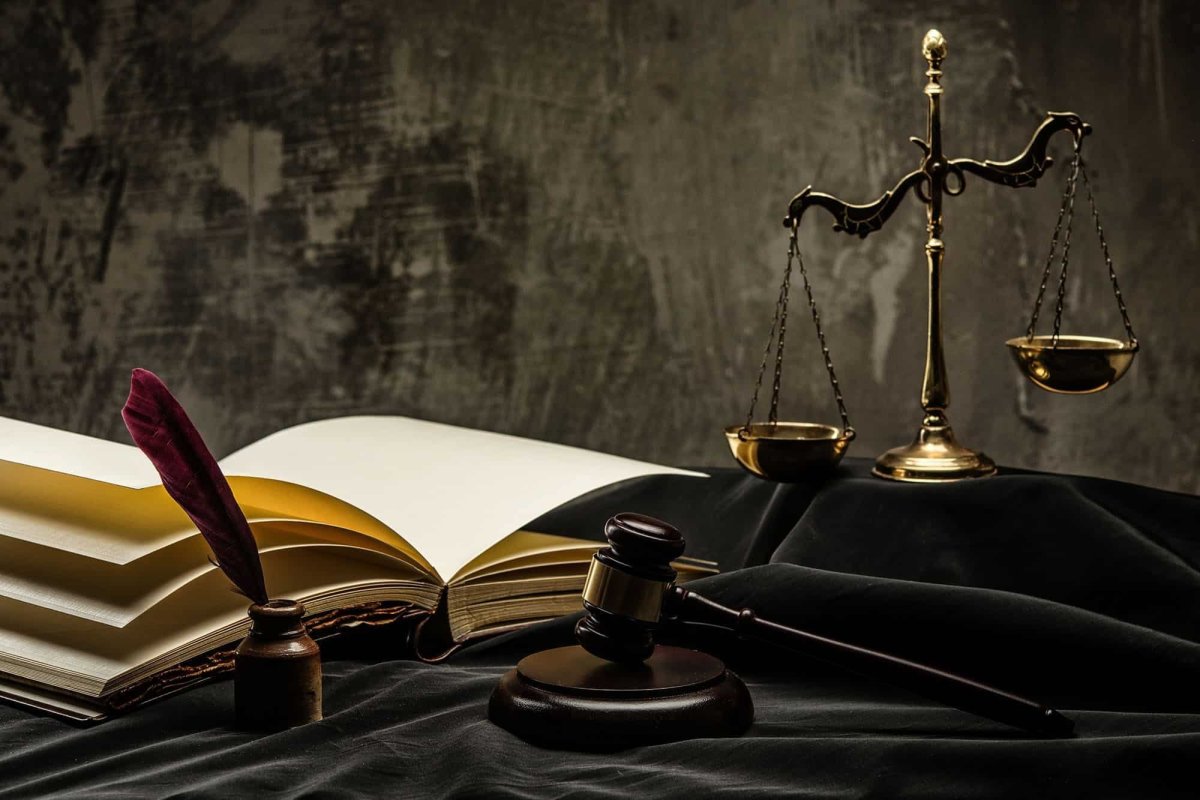Criteria for Determining the Amount of Bail in Corruption Criminal Proceedings
Introduction
Bail is one of the preventive measures that may be applied in criminal proceedings. In cases involving corruption offenses, setting bail is of particular importance. In Ukraine, this process is regulated by the Criminal Procedure Code (CPC) and relevant regulations.
Legislative Framework
Pursuant to Article 182 of the CPC of Ukraine, bail may be applied as an alternative to detention. The purpose of bail is to ensure that the suspect, accused or defendant fulfills their procedural obligations and appears in court.
Criteria for Determining the amount of the Collateral
1. Gravity of the Crime
Criminal liability
- The law provides that the amount of bail depends on the gravity of the alleged crime. In the case of corruption offenses, which are often grave or especially grave, the bail amount is usually high.
- According to Article 12 of the Criminal Code of Ukraine, crimes are classified as minor, medium, grave and especially grave.
2. Financial situation of the suspect or accused
Financial capabilities
- The court must take into account the financial situation of the suspect or accused. This includes income, property and other financial resources.
- The ability of the suspect or accused to pay bail without unduly burdening himself or herself and his or her family is also taken into account.
3. Identity of the suspect or accused
Risk of flight or influence on the investigation
- The court assesses the personality of the suspect or accused, his or her ties in society, permanent residence, marital status, and other factors that may affect the risk of flight or influence on the investigation.
- The previous criminal record and behavioral history of the suspect or accused are also taken into account.
4. Amount of damage caused
Tangible and intangible losses
- The amount of bail may be increased if the crime caused significant material or non-material damage.
- In the case of corruption offenses, this may include the amount of bribes, the amount of embezzlement, and other material damage caused to the state or legal entities.
5. Public Interest
Public danger
- The court takes into account the public interest and the public danger of the crime. Corruption crimes are highly dangerous to society, which may affect the amount of bail.
- The publicity of the case and the need to ensure public confidence in justice are also taken into account.
You may also be interested in the following articles: advice of a lawyer, legal advice, analysis of documents, legal analysis of the situation, written advice, verification of documents by a lawyer, lawyers documents, online legal advice, online lawyer, legal opinion, legal opinion of a lawyer, lawyer online.
Conclusion.
Setting bail in corruption criminal proceedings is a complex process that requires consideration of many factors. The main criteria include the gravity of the crime, the financial situation of the suspect or accused, his or her personal characteristics, the amount of damage caused, and the public interest. Compliance with these criteria helps to ensure the fairness and effectiveness of bail as a preventive measure.

































